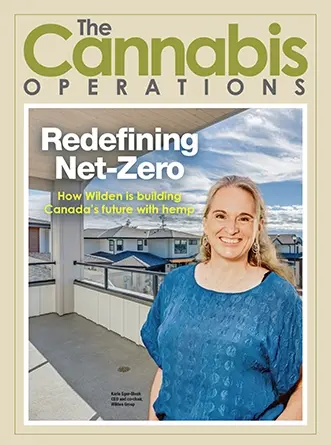Why Working Closely with Your Architect Builds Better Homes
When you embark on a home restoration or new construction project, your professional relationship with your architect sets the stage for success. With seasoned architects who share a respect for collaboration, not only does the final product improve, but the whole process from concept to completion does as well. The difference between a great house and an even better house oftentimes lies with how well the design phase integrates your vision with professional skill through true partnership.
Comprehending Collaborative Design in Architecture
Collaborative design is a complete departure from the classical architect-client system in which experts operate in seclusion. When you work with experienced inner west architects, this technique provides a constant dialogue where your daily life habits, taste in aesthetics, and functional requirements directly inform every design choice. This practice recognises that you, the owner, have a deep sense of how homes will be lived in, and architects possess technical competence and problem-solving ability. The magic happens when these two come together in harmony along the design process so the homes end up being both functionally brilliant and highly personal.
The Secret to Successful Collaboration
Effective collaboration begins with having open lines of communication and respect amongst all stakeholders. Your designer should hear your concerns attentively, understand your lifestyle requirements, and translate your ideas into feasible design solutions. This means regular follow-ups, transparent discussion of budget constraints, and honest feedback on what is achievable in your parameters. Trust is at the heart of the finest collaborative relationships, where you feel relaxed enough to speak up and architects have confidence in delivering new solutions that sound outside-the-box at first but better serve your needs ultimately.
Better Problem-Solving Through Diverse Views
Difficult design challenges require diverse thinking, and collaboration naturally introduces diverse views into each decision. When you work closely with your architect, problems that might baffle one expert are opportunities for creative solutions. Your own knowledge of how your family lives in spaces and your architect’s expertise in structural possibilities and building code represent a problem-solving synergy much greater than either perspective individually. This collaborative approach often yields innovative solutions that neither party would have been able to devise independently, which translates to one-of-a-kind and functional homes.
Improved Project Communication and Transparency
Cooperative design requires great communication by nature, which benefits all aspects of your project. When architects emphasise open communication, you are never left in the dark regarding progress, costs, or future decisions. This transparency kills anxiety and creates trust in the process. You understand why certain decisions are made, how they work for your goals, and what can be done if circumstances have to change. Open communication also has fewer miscommunications, which means smoother construction phases and cheaper changes down the line in the process of construction.
Budget Optimisation Through Informed Decision-Making
Budget concerns would usually be a source of tension in design projects, but collaboration makes budget speak in terms of limitations turn into smart conversations. When you’re involved personally in the design decisions, you’re able to view the cost implications of various decisions and make informed trade-offs according to your priorities. Your architect can present you with choices at various price points, explain the long-term value of various investments, and help you determine where to splurge and where to economise. This collaborative budgeting approach tends to offer more value for money and fewer unpleasant financial shocks.
Creating Highly Individualised Homes
The biggest advantage of collaborative design is that it can create homes that genuinely reflect how you live. Rather than unfolding a predetermined aesthetic or functional plan, collaborative architects observe how you live, understand your preferences, and plan the space to enrich your way of living. It can mean creating unusual relationships between areas, such as storage systems that are appropriate for your belongings or lighting appropriate for your specific activities. The result is a house that really feels like yours rather than an aesthetically pleasing showcase that is not quite right for your lifestyle.
Long-Term Satisfaction and Building Relationships
Collaborative building processes have the potential to develop long-term relationships beyond the initial construction or construction process. Once architects really understand your requirements and tastes, they can serve as trusted advisors for subsequent projects, maintenance considerations, and even property investments. This long-term thinking affects early design considerations so that houses are constructed with adaptability to evolving needs and potential future adjustments. The feeling of satisfaction that one takes from this deep understanding and ongoing support is one of the greatest, but often overlooked, payoffs for taking the collaborative approach to architectural design.
The Value of Collaborative Home Design
The process of collaborating with your architect is an investment in your home’s quality as well as your building experience quality. By hiring professionals who hold partnership, communication, and joint problem-solving in high regard, you’re setting the stage for a project that not only solves your current problems but creates a living space that truly enhances your life. The collaborative process takes what could otherwise be an agonising process and transforms it into an active discovery, creating homes that are both masterfully crafted and deeply personal.































